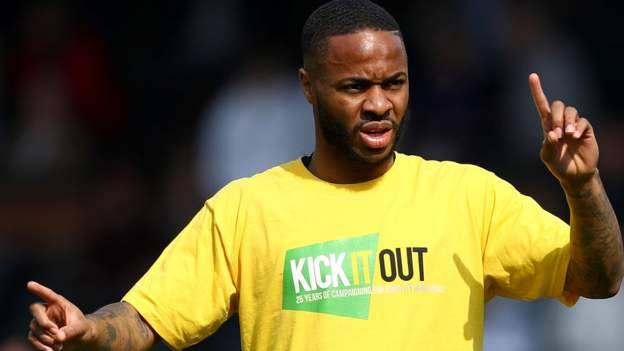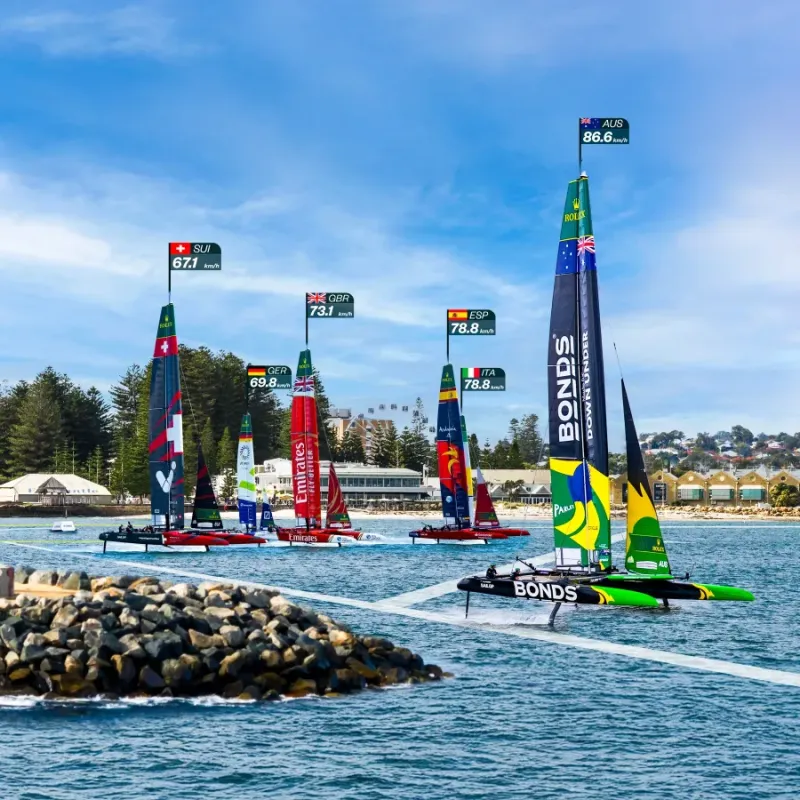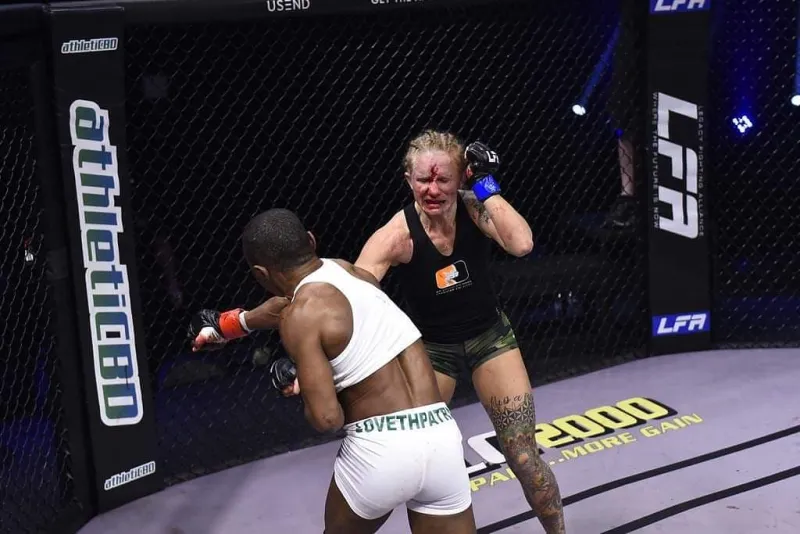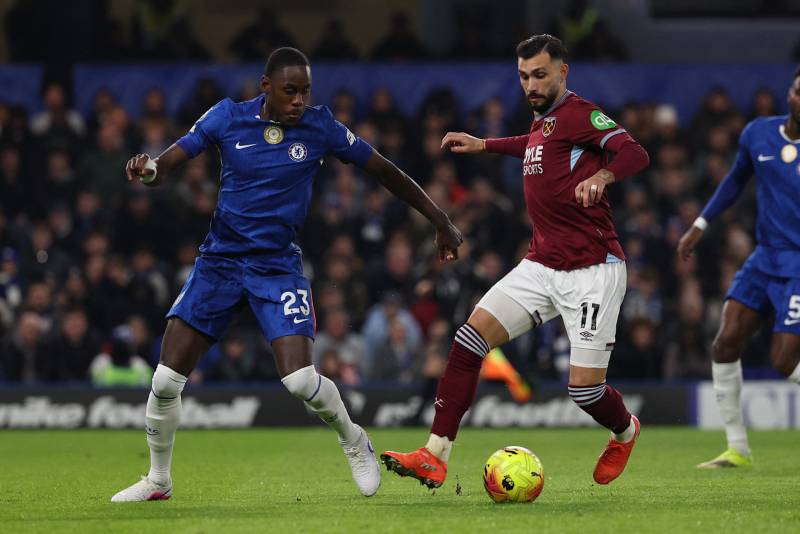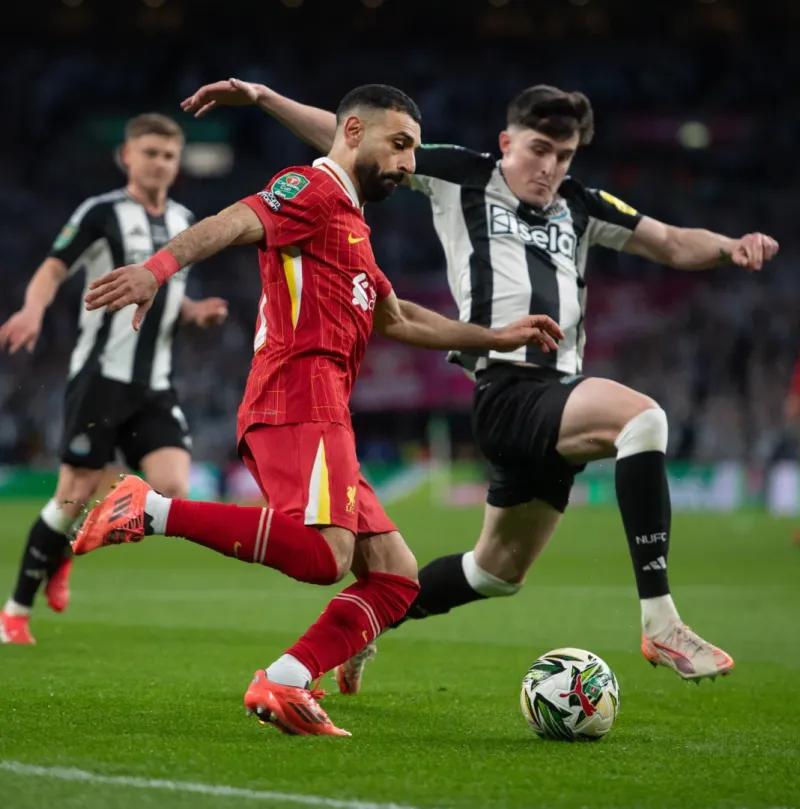Last summer, when England lost on penalties in the European Championships final, the backlash was immediate.
On social media, Bukayo Saka and Jadon Sancho, who had penalties saved, and Marcus Rashford, who missed his chance, received a barrage of hateful words.
Racist abuse aimed at England's black players was the most high-profile, heinous example at the time.
Following the defeat, the UK Football Policing Unit received 600 allegations of racist insults directed towards the trio. 207 of them were found to be criminal.
Jonathon Best, 52, was one of them, and he livestreamed his harassment on Facebook. In November, he was sentenced to ten weeks in prison.
Abuse has grown so frequent in football that Manchester City and England star Raheem Sterling has referred to it as a "disease" in society.
Wilfried Zaha of Crystal Palace is one of the major voices calling for "action," "education," and "change."
"As part of the restorative justice process," a 12-year-old child who posted racist texts to Zaha got education training.
Kick it Out, an anti-discrimination organization, provided the education, and it is one of the programs that authorities are using to combat abuse.
Alan Bush, Kick It Out's fan education and engagement manager, handles referrals.
"It's very much about getting them to look at their behavior and what they've said, to try and get them to understand that the action or conduct that they've participated in is insulting, harmful, and illegal," Bush said.
"On a juvenile conditional caution, we worked with a 12-year-old. He made a remark nine months ago, and he has had three sessions since then. From the first to the third session, he has matured."
The programme, which has run for more than two years and has dealt with people aged between 12 and 64 years old, is the only one in football which offered one-on-one "rehabilitative sessions".
